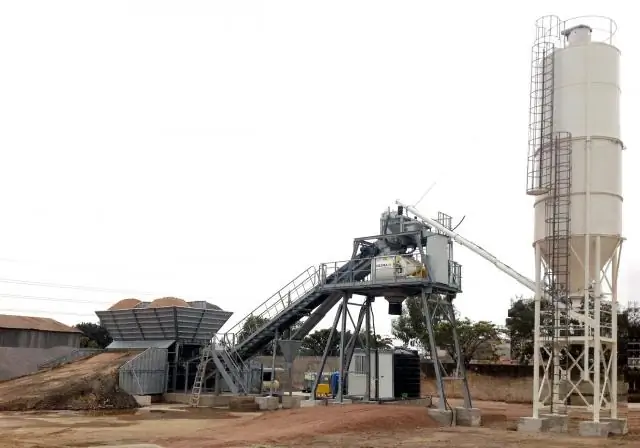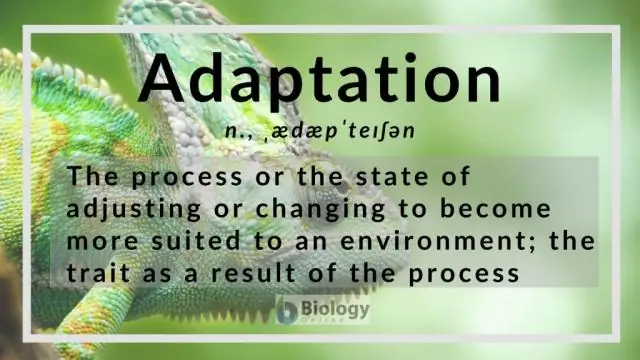- Author Rachel Wainwright wainwright@abchealthonline.com.
- Public 2023-12-15 07:39.
- Last modified 2025-11-02 20:14.
Age (2)
Age (2) (synonym: age period) - a specific stage (period) of the socio-psychological and biological development of an individual.
Allocate age (2):
- Breast (synonym: nursery age junior) - from 1 to 12 months;
- Nursery - from 1 month to 3 years;
- Nursery senior (synonym: preschool age) - from 1 to 3 years;
- Preschool - from 3 to 7 years old;
- School - from 7 to 16-18, that is, until the end of secondary school;
- Juvenile (juventus) - from 16 to 20 years old in women, from 17 to 21 years old in men;
- Mature (maturitas) - in women from 20 to 55 years old, in men from 21 to 60 years old;
- Elderly (praesenium) - in women from 55 to 75 years old, in men from 60 to 75 years old;
- Senile (senectus) - from 75 years and older;
- Prepubertal (Latin prae- - before, before + pubertas - puberty, maturity; synonyms: prepubertal period, junior school age) - from 7 to 12-13 years;
- Puberty (lat. Pubertas - puberty, maturity; synonyms: puberty, senior school age, teenage age) - in girls from 12 to 16 years old, in boys from 13 to 17-18 years old; corresponds to the period of puberty;
- Reproductive - the age period during which the body retains the ability to reproduce offspring.
Found a mistake in the text? Select it and press Ctrl + Enter.






